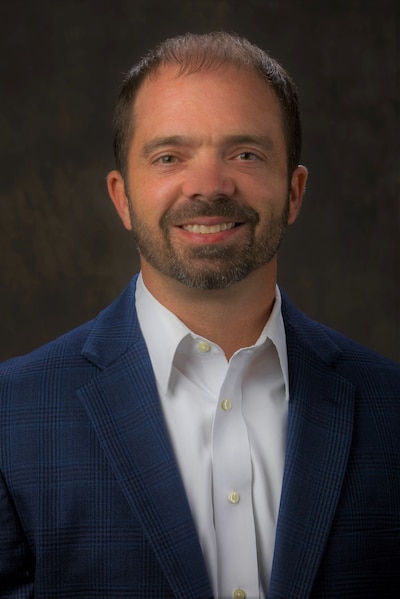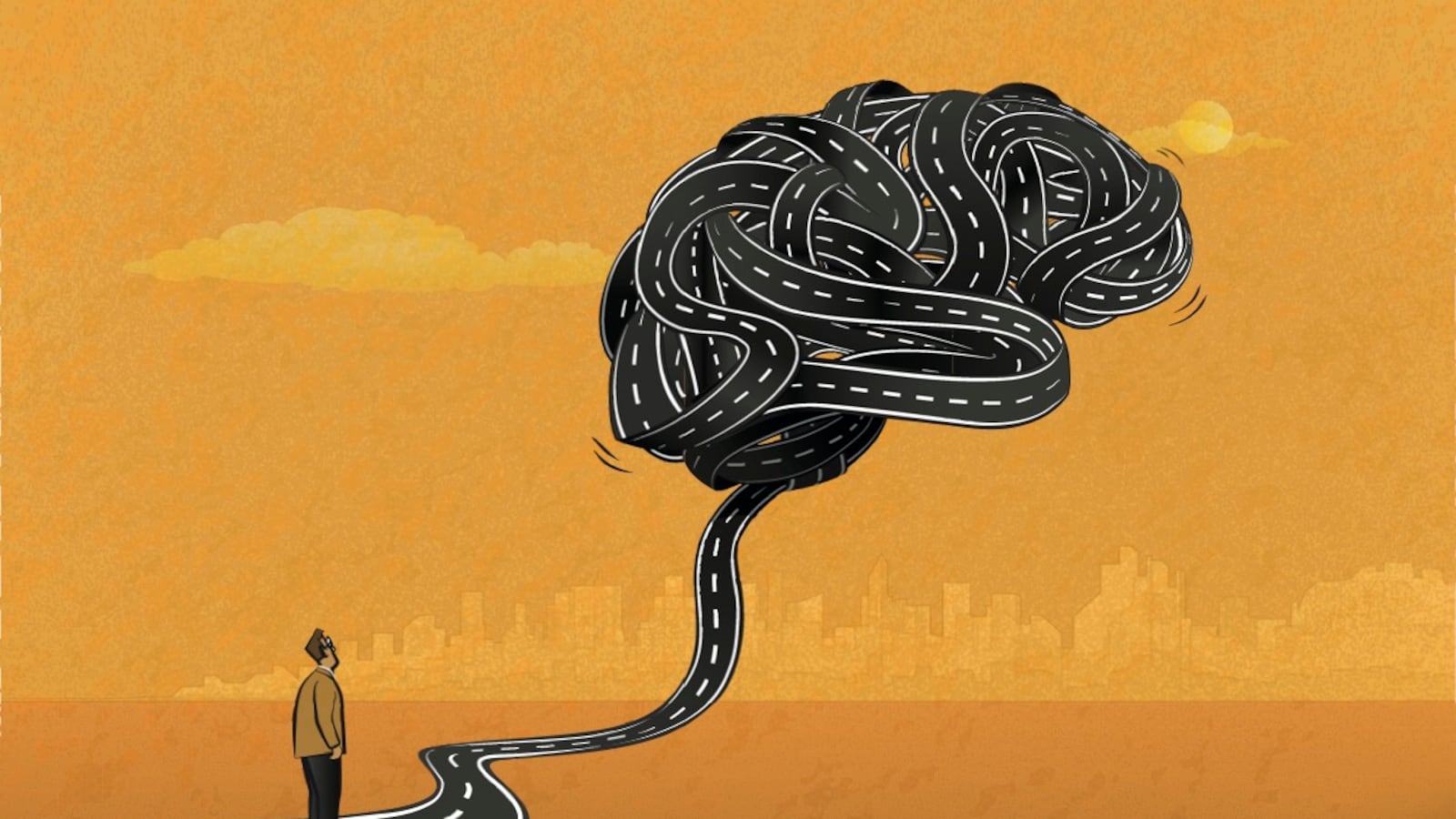My greatest fear as a school principal wasn’t test scores, an angry parent, or a poor evaluation. It was oversleeping on a school day. That fear became reality one August morning in 2021.
I rolled over, hoping for another hour of sleep, but the clock read 9:35 a.m. Panic set in! I had already missed an hour and a half of the school day. As I scrambled to get ready, my wife walked in and calmly told me she had already called in sick for me. I hadn’t asked her to, but she was right. I was sick, much more than I realized.

The night before, my mental health deteriorated to the point people often call “rock bottom.” It was my first visit to that place, but it wouldn’t be my last. My actions and words alarmed my wife enough that she intervened and, in doing so, may have saved my life.
I came from a family of educators but never imagined becoming one myself. Initially pursuing business administration, I eventually found my calling in teaching. After years as a sixth grade teacher, I became an assistant principal and later accepted a similar position closer to home. Though I wasn’t in a hurry to become a principal, I knew that was my ultimate goal.
When a lead principal position opened in my school district located in South Central Kentucky, I took a leap of faith and applied. I got the job at the same elementary school I attended as a child. It was an incredible opportunity. I had a wonderful wife, two young children, and my dream role. Life was good.
The summer entering my third year as principal was busy but typical. Until it wasn’t. My team and I prepared schedules, processed records, and moved into a new school building to accommodate our growing enrollment. Then, the weight of my responsibilities began to feel different. Though I had a solid grasp of my role, I found myself staying at school all hours of the day/night and on weekends. This included working from home nonstop. I was physically present with my family but mentally absent.
As the summer ended and the new year began, every decision, big or small, felt overwhelming. Sleep became scarce, and when I did sleep, I woke up fixating on work. Some nights, I’d go into the office before dawn. Our school custodian once found me asleep at my desk. I had been there all night.
The logistics of leading a school weren’t the only things that felt newly crushing to me. Interactions that weren’t perfectly smooth consumed me. I began dreading unpleasant emails and felt the need to rectify any concerns immediately, no matter what I was doing at the time. I lost 30 pounds. People were noticing something was wrong.
The desire to be great was consuming me.
I feel incredibly vulnerable sharing my story, but I do so because I know other school leaders face similar struggles.
This heightened desire to be everything for everyone eventually became unbearable, and I didn’t have the coping skills to deal with what I was facing. Although I might have put on a happy face, I was hurting on the inside. At the end of the day, I’d go home and go to my bed. That was one of the few places I found relief.
I was reluctant to seek help because doing so felt like a sign of weakness or failure. When I did see a doctor, though, I was diagnosed with major depressive disorder. After discussions with my superintendent and doctor, I decided to take a leave of absence. Stepping away was heartbreaking, and at first, the darkness only deepened.
Determined to get better, I leaned on my support system: my family, faith, and professionals. Through therapy and self-reflection, I realized that my relentless pursuit of perfection had been my downfall. I had placed impossible expectations on myself, believing that a good principal had to be available 24/7, never make mistakes, and wear all the hats. What I learned is that leadership isn’t about perfection; it’s about sustainability, about finding ways to serve without losing yourself in the process.
When I returned to work after a few weeks away, I became intentional about how I spent my days. I scheduled time with students, made myself visible, and prioritized what truly mattered, my family. I set boundaries, something I had never done before. I learned that saying no to unnecessary obligations wasn’t a sign of failure but an act of self-preservation. I am grateful to say that I finished out the school year alongside 600 incredible students.
We all fall. My fall happened in a public role, but perhaps that wasn’t a coincidence. I feel incredibly vulnerable sharing my story, but I do so because I know other school leaders face similar struggles. A 2022 RAND Corp. report found that 48% of principals experience burnout and 28% report symptoms of depression. The toll is immense.
But we can change the narrative. We must reassess workloads, create sustainable expectations, and build real support systems. We need policies that encourage school leaders to take care of themselves without guilt. We need to foster an environment where asking for help is seen as a strength, not a weakness.
The success of our schools depends on the well-being of those who lead them.
Dr. Wes Cottongim serves as an assistant professor of education administration at Western Kentucky University. He teaches graduate-level courses for both aspiring and current school administrators. His research is focused on school safety, sustainability of roles in education, and teacher/administrator burnout.



